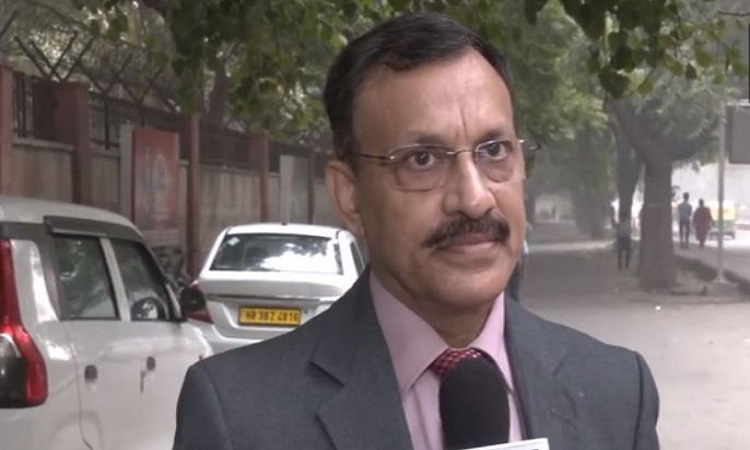'No threat to India from China respiratory infections', Says Dr Neeraj K Gupta, Pulmonary Head Safdarjung Hospital
Dr Gupta urged people not to become complacent and should remain vigilant, especially by wearing masks and avoiding too much of social gatherings. Read further on Dynamite News:

New Delhi: Stating that the latest respiratory illness outbreak in China is no threat to India, Dr Neeraj Kumar Gupta, Pulmonary Department Head at Safadarjung Hospital said, "we are well prepared."
"I don't personally see any threat to India because we are well prepared. Even if it is a novel virus, we are well prepared because we have our past experience with us. Even the health ministry has issued guidelines so remain vigilant on this," Dr Gupta said.
China is reporting a large number of respiratory infections, particularly among children, and hospital wards are reportedly running full.
Also Read |
Unnao rape victim dies day after being set afire
"It is just one of the common viruses that exists and why it is happening in China is probably attributable to the fact that there have been very severe lockdown situations for the last three years, which somehow led to the fall in herd immunity or the immune levels of the children and the vulnerable population, especially in the children in the last three years," said Dr Gupta.
The likelihood that a section of the Chinese population was not vaccinated could have also led to infectivity, the pulmonary specialist said.
Dr Gupta urged people not to become complacent and should remain vigilant, especially by wearing masks and avoiding too much of social gatherings.
Also Read |
Delhi: First successful robotic kidney transplant performed at Safdarjung Hospital
On a precautionary note, states and UTs have been advised to immediately review public health and hospital preparedness measures, including the availability of human resources, hospital beds, drugs and vaccines for influenza, medical oxygen, antibiotics, personal protective equipment, and testing kits, among other essential medical items. (with ANI inputs)
 Dynamite News
Dynamite News 